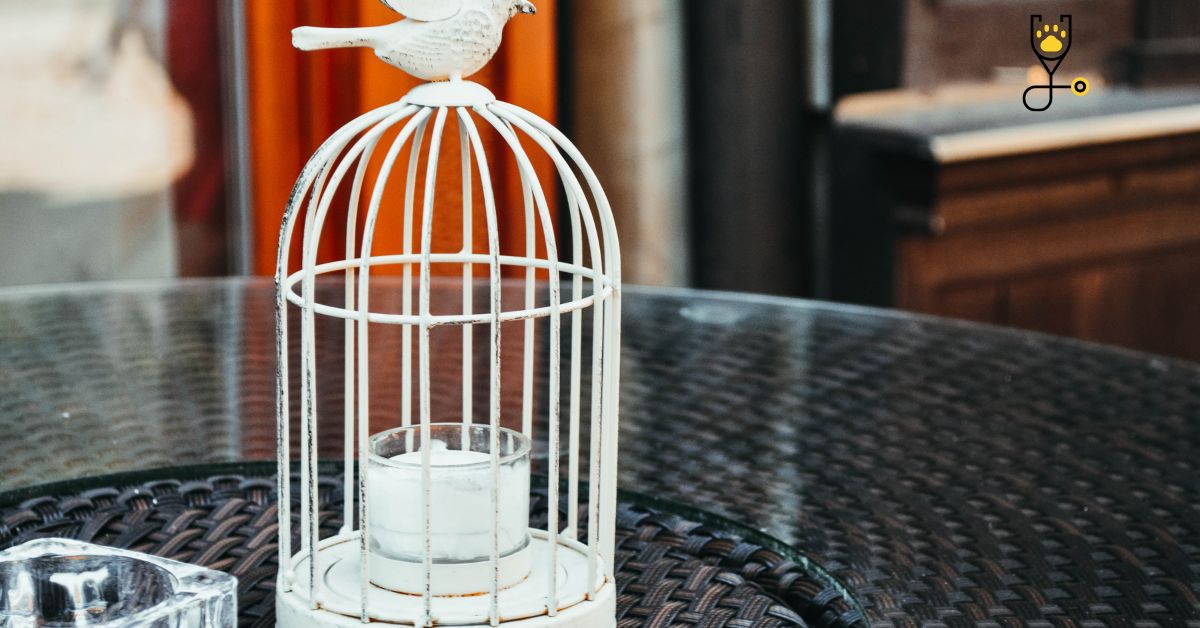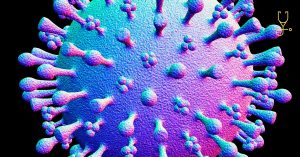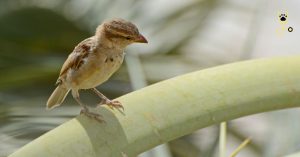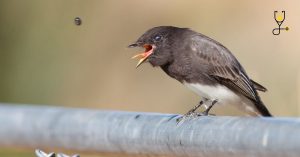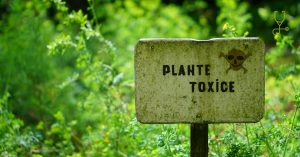Whether you’re a seasoned bird owner or just getting started in the wonderful world of feathered companions, keeping your bird’s cage clean and fresh is a must for both the health and happiness of your little friend. A dirty cage can be an unpleasant sight, not to mention potentially hazardous to your pet’s well-being. But don’t despair! We have put together 12 tips that are sure to help make maintaining a pristine aviary easy and hassle-free. From brushing up on nutrition guidelines to implementing innovative cleaning methods – these simple steps will ensure that you enjoy all the rewards of happy birds living in their very own luxurious accommodation while sparing you from any unnecessary stress. Read on as we explore all things related to providing clean, comfortable homes for our feathered friends!
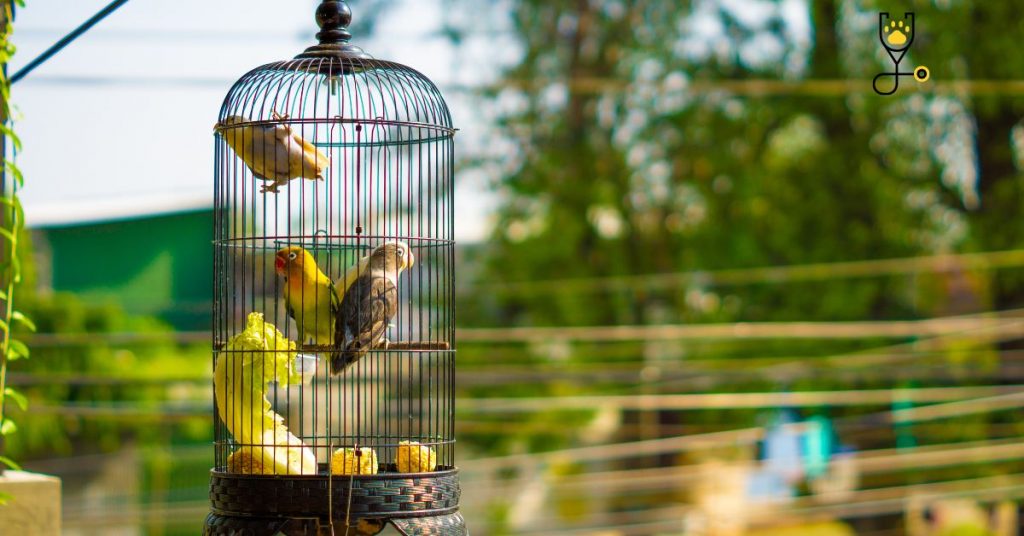
Why Is a Clean Cage Important?
Birds are extremely clean animals, and as such, they will naturally spend much of their time keeping their feathers in good condition by preening. Although this may seem like a tedious task to us humans, it benefits both the bird’s health and happiness by ensuring that they can maintain the highest quality plumage. A dirty cage is not only unpleasant to look at – it can also potentially lead to an unhealthy environment for your little friend. Parasites, bacteria, and molds thrive in unclean conditions, so keeping your aviary clean isn’t only beneficial for you but also essential for your pet!
Also read: 8 Tips for Choosing a Bird Cage
Tips and Tricks for Cleaning a Bird Cage
1. Know Your Bird’s Needs and Requirements
Each bird species has unique nutritional needs, and it’s important to understand the dietary requirements of your feathered friend before trying to find good cage-cleaning tips. Be sure to speak with a qualified avian vet or pet store expert in order to learn more about your particular type of bird – they will be able to provide you with all vital information regarding diet, exercise levels, and any other essential needs that help keep them healthy.
More details: All About Bird Cage Sizes and Bar Spacing
2. Keep Food and Water Fresh
It may seem obvious that water should be changed frequently, but many people overlook the fact that food can become stale as well! If a particular food item has been sitting in the cage for more than a day or two, it’s time to discard it and replace it with fresh food.
3. Remove Waste Immediately
Cleaning up any messes immediately is vital not only for your bird’s health but also to keep unwanted bacteria levels down throughout the home. Although cleaning an aviary may seem like a daunting task at first, getting into the habit of regularly removing waste as soon as it occurs can really help cut down on daily maintenance once you get into a comfortable routine.
4. Use Paper Towels
When cleaning out water bowls and food dishes, paper towels make for quick and easy work! Simply toss away used towels and replace them with clean ones every time you change out food and water.
5. Keep the Cage Cleaners
No matter how many times you clean the cage, it’s inevitable that your bird will end up with a mess or two on him or her at some point. Bird cages come in all shapes and sizes, but most of them have several perching spots – which means droppings can quickly become a problem when not cleaned properly! Investing in quality cage cleaners is essential to maintaining a clean environment for both your bird and yourself as these products are specially designed to make quick work of any unwanted scat while being completely safe for pet birds to inhale (and let’s be honest – granted how messy they can get, even the most careful bird owners aren’t going to be able to avoid a bit of mess every now and then!)
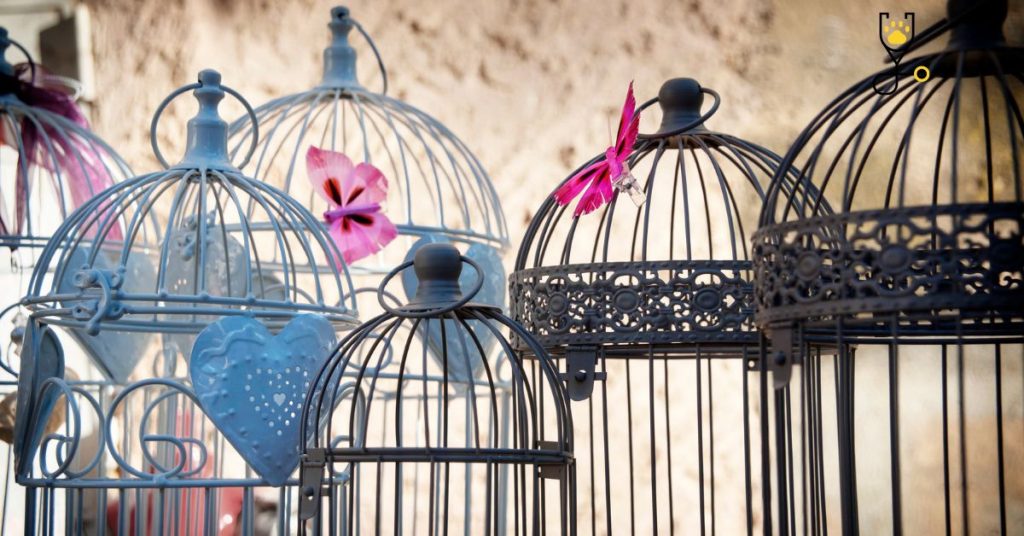
6. Use a Bird Bath
Offering your feathered friend the opportunity to bathe regularly is another great way to help keep their feathers in tip-top shape! A bird bath can usually be easily installed on the outside of the cage so that you can check it regularly for any water buildup and make sure it stays clean.
7. Get an Avian Vacuum
If you have more than one pet in the household, an avian vacuum may be a good investment – especially if you tend to have a lot of extra pet hair lurking around (they definitely do not appreciate being covered in other pets’ fur!). These unique tools are designed to be used on a wide range of bird species and are safe for use on even the most delicate feathers.
8. Practice Good Hygiene
If you’re cleaning up after your pet, there’s no reason why you can’t get into the habit of doing some general cleaning as well! Wipe down perches, replace toys when needed, and disinfect countertops regularly – it will keep your home free from unwanted bacteria that may cause illness or discomfort in both humans and birds!
Although keeping a birdcage clean may seem like a daunting task at first, with these tips and tricks, it really doesn’t have to be difficult! Follow these guidelines, take things slowly and keep a positive mindset, and before you know it your feathered friend will be living the good life in a clean, healthy environment.
How Often Should I Clean My Bird Cage?
There is no one-size-fits-all answer to this question, as the frequency with which you should clean your bird cage will depend on a number of factors. Some things to consider include the size and type of your pet bird, the number of birds you have in one aviary, how much time they spend outside of the cage, and any special needs or unique circumstances that may arise.
Some general guidelines to keep in mind when cleaning an aviary are:
- -Keep food and water fresh by changing them regularly.
- -Remove the waste immediately to help keep bacteria levels down.
- -Use paper towels or specialized cage cleaners when cleaning out food and water dishes.
- -Offer your bird regular opportunities for bathing or use an avian vacuum as needed.
- -Practice good hygiene by thoroughly cleaning and disinfecting everything in the cage on a regular basis.
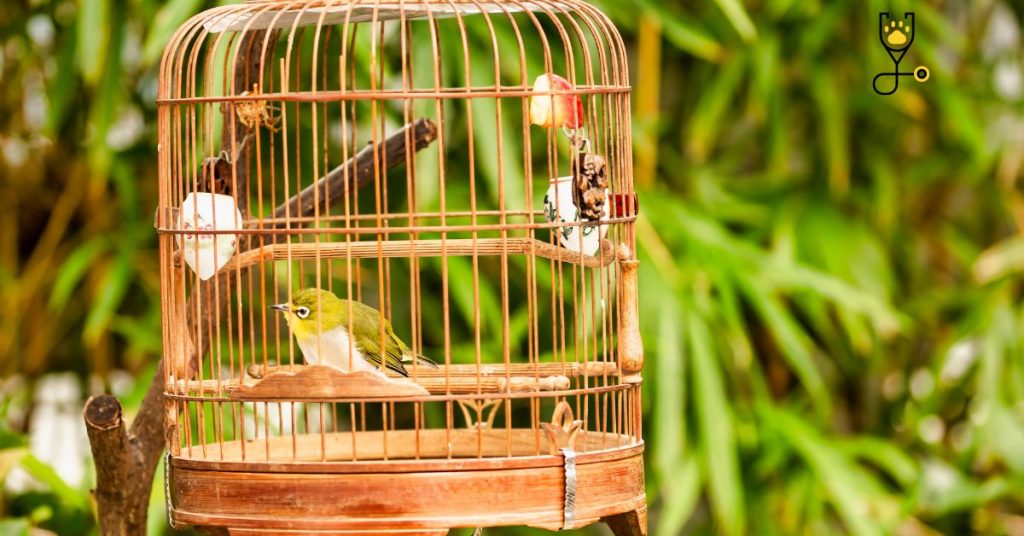
Conclusion
When it comes to cleaning a birdcage, there is no one-size-fits-all answer. The frequency with which you should clean your bird’s cage will depend on several factors, including the size and type of pet bird, how much time they spend outside the cage, and any special needs or circumstances that may arise. That said, some general guidelines to keep in mind when cleaning an aviary include regularly changing food and water, removing waste promptly to reduce bacteria levels, using paper towels or specialized cage cleaners for food and water dishes, offering regular opportunities for bathing or using an avian vacuum as needed, and practicing good hygiene by thoroughly cleaning and disinfecting all surfaces in the cage on a regular basis. With these tips in mind, keeping your bird’s cage clean and healthy should be a breeze!
Frequently Asked Questions
Q: What can I do to promote good hygiene in my birdcage?
A: There are a number of things you can do to promote good hygiene in your birdcage, including regularly changing food and water, removing waste promptly, using paper towels or specialized cage cleaners for food and water dishes, offering regular opportunities for bathing or using an avian vacuum as needed, and practicing good hygiene by thoroughly cleaning and disinfecting all surfaces in the cage on a regular basis. By following these guidelines and staying organized, keeping your bird’s cage clean and healthy should be a breeze!
Q: How can I make sure my bird’s cage is as clean and healthy as possible?
A: There are a number of things you can do to make sure your bird’s cage is as clean and healthy as possible. These include regularly changing food and water, removing waste promptly, using paper towels or specialized cage cleaners for food and water dishes, offering regular opportunities for bathing or using an avian vacuum as needed, and practicing good hygiene by thoroughly cleaning and disinfecting all surfaces in the cage on a regular basis. With these tips in mind, your bird’s cage should be clean, safe, and comfortable at all times!
Q: How often should I clean my bird’s cage?
A: There is no one-size-fits-all answer to this question, as the frequency with which you should clean your bird’s cage will depend on a number of factors. Some things to consider include the size and type of your pet bird, the number of birds you have in one aviary, how much time they spend outside of the cage, and any special needs or unique circumstances that may arise. Ultimately, it is important to be aware of your bird’s health and behavior, pay close attention to changes in its environment, and take steps to keep its cage clean and healthy at all times.
Q: Are there any special considerations I should keep in mind when cleaning my bird’s cage?
A: Yes, there are a few special considerations to keep in mind when cleaning your bird’s cage. These include regularly changing food and water, removing waste promptly to reduce bacteria levels, using paper towels or specialized cage cleaners for food and water dishes, offering regular opportunities for bathing or using an avian vacuum as needed, and practicing good hygiene by thoroughly cleaning and disinfecting all surfaces in the cage on a regular basis. By being aware of these factors and taking them into account whenever you clean your bird’s cage, you can help ensure that it stays healthy and comfortable at all times.

